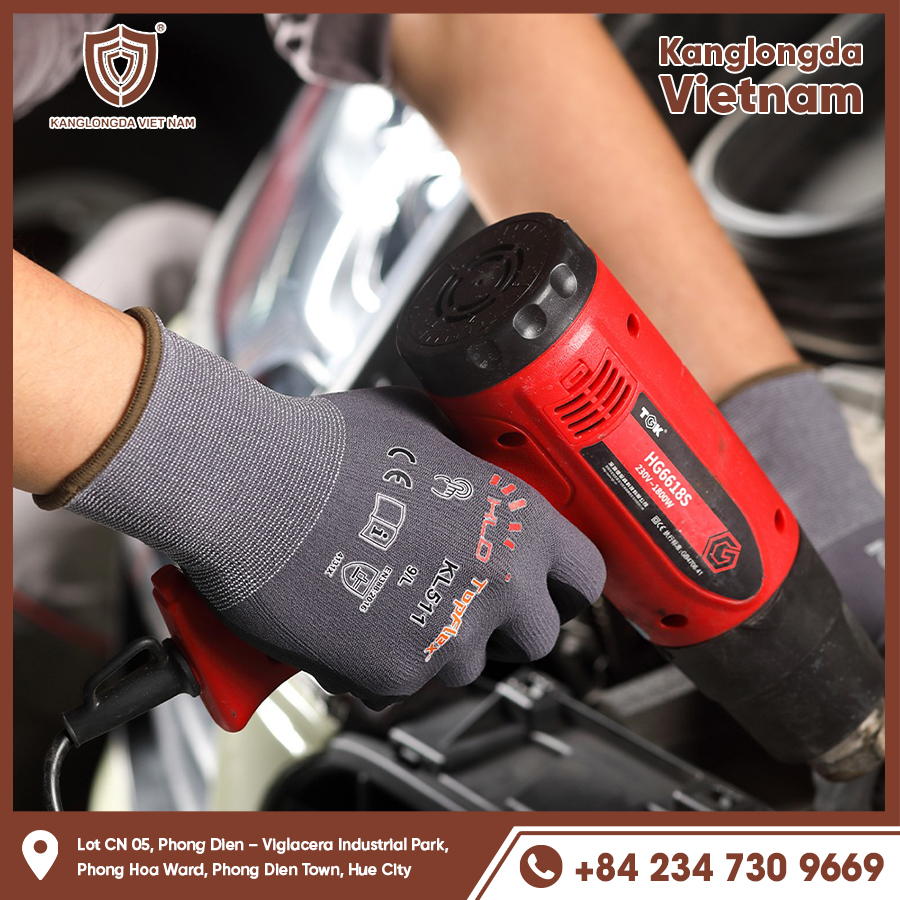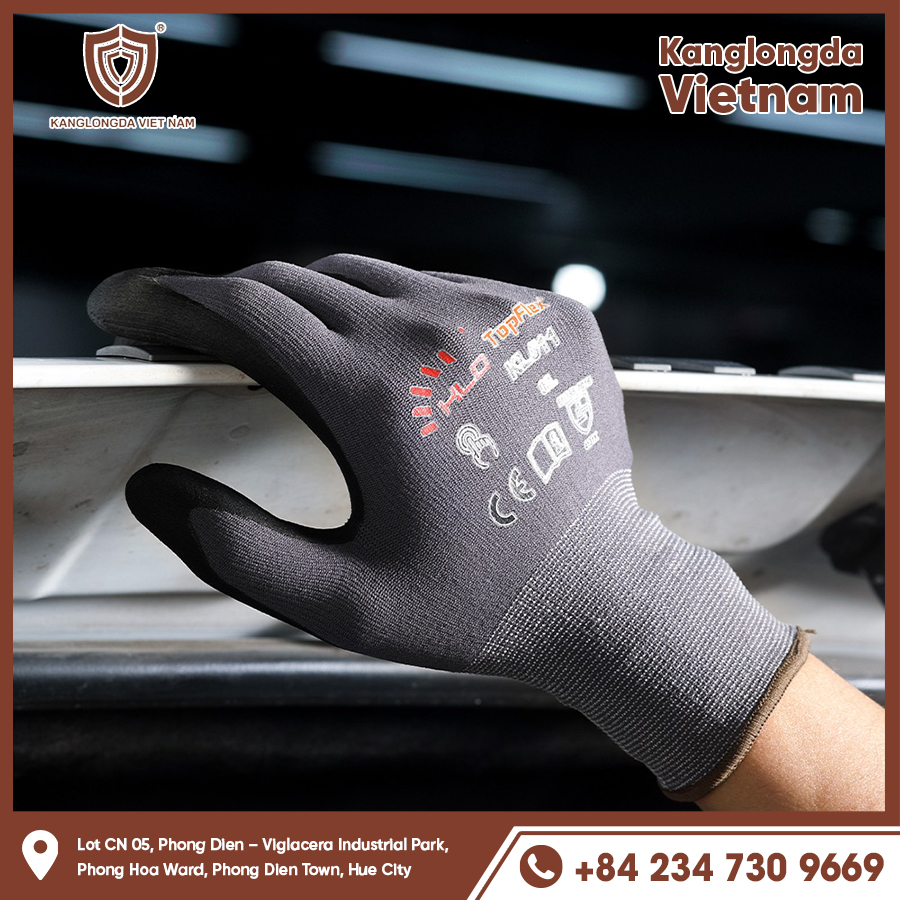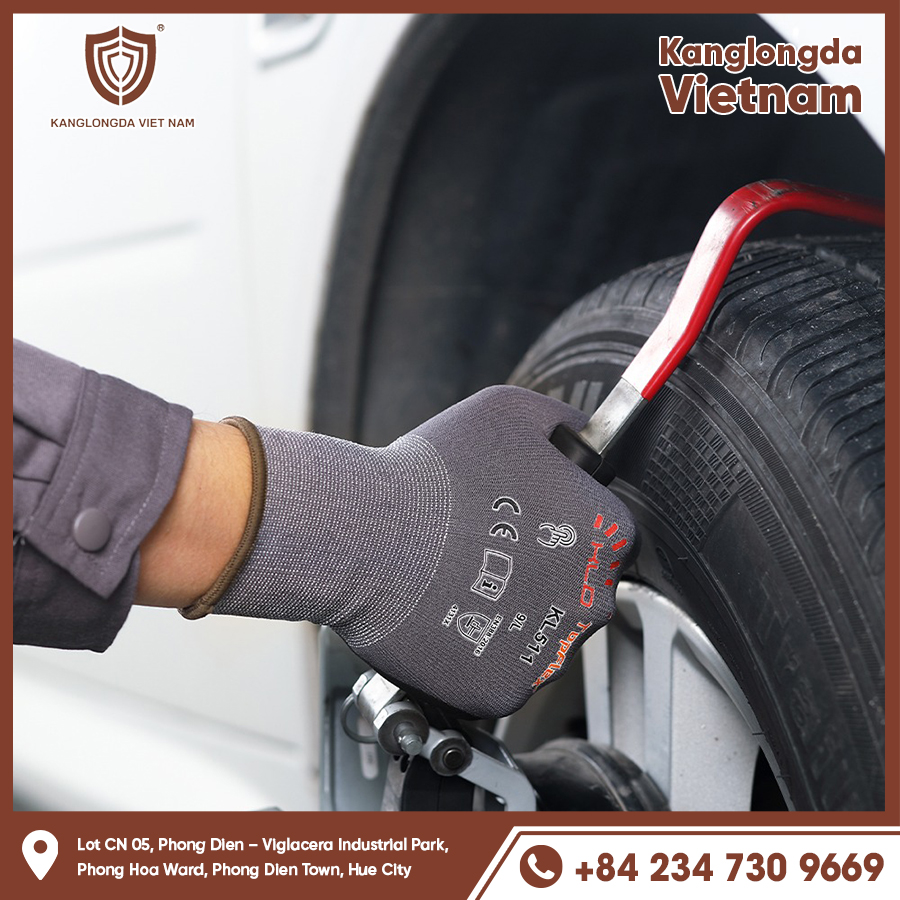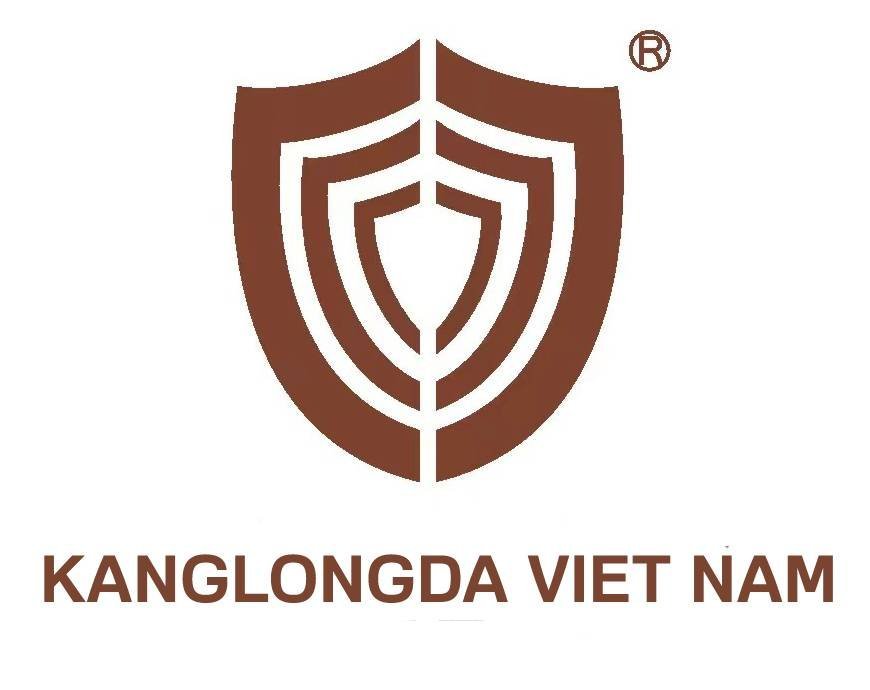Running gloves are an essential accessory for runners who want to maintain comfort and performance during cooler or unpredictable weather. Whether you’re training for a marathon or enjoying casual jogs, the right gloves protect your hands from cold, wind, and moisture while allowing full mobility. This comprehensive guide explores everything you need to know about gloves—from types and materials to key features and care tips—helping you choose the perfect pair for your needs. Wearing the right gloves helps you avoid discomfort, maintain hand dexterity, and improve your running experience overall.

Why Running Gloves Are Important for Runners
Protection Against Cold and Wind
Running gloves provide critical insulation that keeps your fingers warm during chilly mornings or winter runs. Exposure to cold weather can reduce circulation, causing numbness and discomfort. Gloves help maintain dexterity and prevent heat loss caused by wind chill, enabling better control and grip.
Enhanced Comfort and Grip
Good gloves improve comfort by wicking away sweat and reducing friction that can cause irritation or blisters. Many gloves feature textured palms or silicone grips that enhance handling of phones, water bottles, or other gear without slipping.
Injury Prevention
Running gloves shield your hands from minor injuries like scratches, abrasions, or insect bites during outdoor runs. In winter, they also protect against frostbite and skin dryness caused by harsh conditions, supporting skin health and overall hand function.
Types of Running Gloves to Suit Different Needs
Lightweight Gloves for Mild Weather
These gloves offer light insulation and breathability, perfect for cool but not freezing temperatures. Made from thin materials such as polyester blends or lightweight fleece, they provide comfort without overheating. Their slim design ensures excellent dexterity and flexibility for easy hand movement.
Thermal Gloves for Cold Conditions
Thermal running gloves feature thicker insulation materials like Thinsulate, wool blends, or fleece linings to trap heat. These gloves are ideal for running in colder climates or winter months. They often include windproof or water-resistant outer shells to protect against harsh weather elements.
Touchscreen-Compatible Gloves
Many runners prefer gloves that allow smartphone use without removing them. Touchscreen-compatible gloves have conductive fabric on fingertips, enabling you to answer calls, change music, or use GPS apps without exposing your hands to cold air. This feature blends convenience with protection.

Key Features to Look for in Running Gloves
Breathability and Moisture Management
Running generates heat and sweat, so gloves need to breathe well to prevent moisture buildup inside. Materials like mesh panels or moisture-wicking fabrics draw sweat away from skin, keeping hands dry and comfortable. Good ventilation also reduces overheating.
Fit and Flexibility
A snug yet flexible fit ensures gloves don’t slip or bunch during movement. Look for gloves with stretchy fabrics like spandex or elastane blends that contour to your hands for a secure feel. Adjustable cuffs help keep cold air out and maintain warmth.
Durability and Weather Resistance
Running gloves should withstand frequent use and exposure to elements. Reinforced palms and fingers enhance durability, while water-resistant or windproof coatings protect hands from rain and gusts. Some gloves also feature reflective details for safety during low-light runs.
Benefits of Using Running Gloves in Various Seasons
Spring and Fall Running
During transitional seasons, temperatures fluctuate, and early mornings or evenings can be chilly. Running gloves in spring or fall provide just enough warmth without overheating. Lightweight gloves protect against unexpected wind or light rain, helping maintain comfort throughout the run.
Winter Running
Winter conditions demand highly insulated gloves that lock in warmth and shield against snow, ice, and biting winds. Thermal gloves with windproof and water-resistant layers are essential to prevent frostbite and numbness. Layering with liner gloves is also a popular strategy for adjustable warmth.
Summer and Night Running
Though less common, some runners wear ultra-light gloves during summer night runs to protect hands from cooler temperatures or biting insects. Additionally, gloves with reflective elements improve visibility and safety in low-light conditions, especially for urban runners.
How to Care for and Maintain Your Running Gloves
Washing and Drying Guidelines
Follow manufacturer instructions for cleaning to avoid damaging glove materials. Most gloves are machine washable on gentle cycles or can be hand washed with mild detergent. Avoid fabric softeners as they reduce moisture-wicking properties. Air dry gloves flat to maintain shape and avoid heat damage.
Storage Tips for Longevity
Store gloves in a cool, dry place away from direct sunlight or moisture. Avoid crumpling or folding gloves tightly, which can cause fabric to weaken or seams to stretch. Keeping gloves in a dedicated running gear bag helps protect them from wear and tear.
When to Replace Running Gloves
Inspect gloves regularly for signs of wear such as thinning fabric, holes, or loss of insulation. Replace gloves when they no longer provide adequate warmth or protection. Worn-out gloves can cause discomfort and reduce performance, so timely replacement is key to consistent running comfort.

Running gloves are more than just an accessory—they are a vital part of your running gear that enhances comfort, safety, and performance. By selecting gloves tailored to your climate, running style, and preferences, you can keep your hands warm, dry, and protected on every run. Proper care and timely replacement will ensure your gloves remain effective mile after mile. Whether you’re a casual jogger or a serious marathoner, investing in quality running gloves will make your runs more enjoyable year-round.






